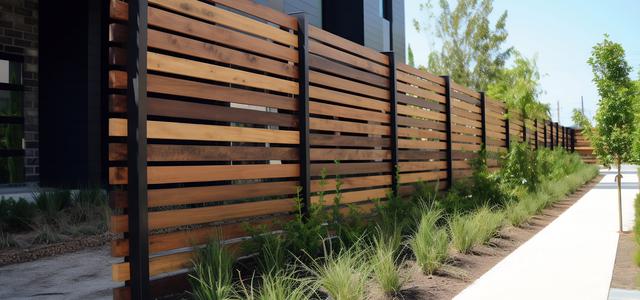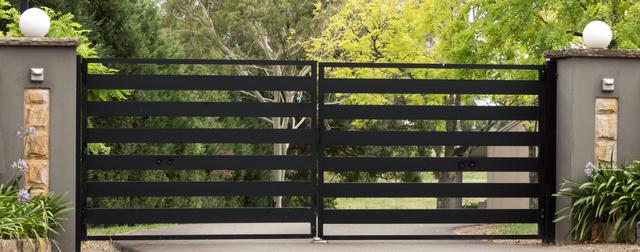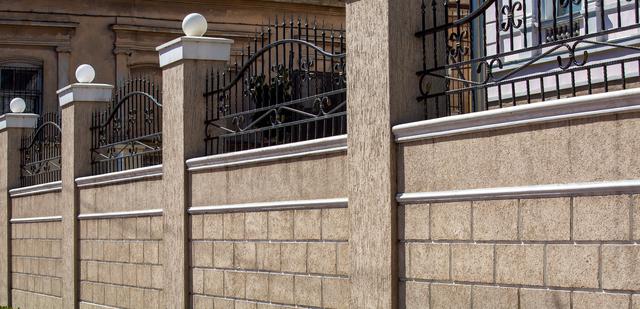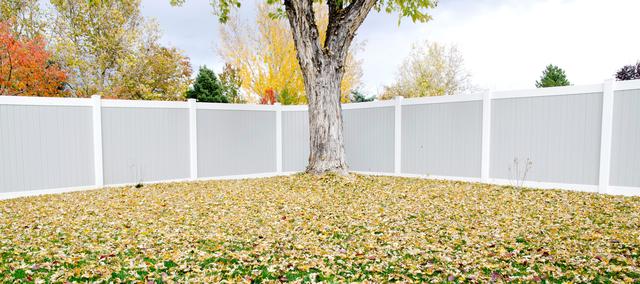A fence can serve many purposes, from adding aesthetic appeal to providing privacy and security for your property. As a homeowner, building a fence is a significant investment, both in terms of money and time. Therefore, it's essential to make informed decisions to ensure that your fence meets your needs and expectations. Here are the top three things you should consider when building a fence and their average costs.
Purpose and Material
The first consideration when building a fence is the purpose you want it to serve. Do you need it for privacy, security, or aesthetic purposes? Once you've identified the purpose, you can choose the material that best suits your needs and budget.
There are many materials to choose from, including wood, vinyl, aluminum, wrought iron, and chain link. Wood is the most popular material for residential fences, with a warm and natural appearance. Vinyl is low maintenance, durable, and available in various colors and styles. Aluminum and wrought iron are elegant and require little maintenance, but they're more expensive than wood and vinyl. Chain link is the most affordable option, but it's less attractive and provides minimal privacy.
The average cost of building a fence varies depending on the material, style, and height. For instance, a wood fence can cost between $1,500 and $4,500 for a 150-linear-foot project, while a vinyl fence can cost between $2,000 and $5,000 for the same footage. An aluminum fence can cost between $2,500 and $6,000, while a wrought iron fence can cost between $4,000 and $12,000. A chain-link fence is the most affordable, costing between $1,000 and $3,000.
Local Regulations and Permits
Before building a fence, you need to check local regulations and obtain any necessary permits. Municipalities and homeowners' associations may have specific rules on fence height, setback distance, and materials. You don't want to spend time and money building a fence only to be told to tear it down because it violates local regulations.
It's best to consult with a professional fencing contractor who can guide you through the permit process and ensure that your fence meets local regulations. Some contractors even offer permit services as part of their package.
Maintenance and Longevity
Another consideration when building a fence is its maintenance and longevity. Some materials require more upkeep than others, and some may not withstand harsh weather conditions or wear and tear. It's essential to choose a material that fits your lifestyle and budget.
Wood fences are beautiful but require regular maintenance, such as staining or painting, to protect them from rot, insects, and weather damage. Vinyl, aluminum, and wrought iron fences are low maintenance, requiring only occasional cleaning to keep them looking new. Chain-link fences are also low maintenance but may require occasional repairs.
The longevity of a fence depends on its material, installation, and maintenance. A well-maintained wood fence can last up to 20 years, while a vinyl or aluminum fence can last up to 30 years. Wrought iron fences can last even longer, up to 50 years, with proper maintenance. A chain-link fence can last up to 15 years.
Building a fence is a significant investment that can add value and beauty to your property. When considering building a fence, you should consider the purpose and material, local regulations and permits, and maintenance and longevity. By taking these factors into account, you can make informed decisions that meet your needs and budget.






comments